Have you ever felt like you’re saying the wrong thing at work? You try to get your point across to your boss or a fellow employee about a big, new idea, and instead of them giving you the excitement that you were hoping for, they blankly stare at you, wondering what the heck you’re talking about.
Your idea may be the next “Big Thing,” but the way you communicate it to others may lack professionalism. Those ideas will either sink or fly based on your verbiage and tone. While “uhm,” “I just,” and “I’m sorry” may be part of your everyday language, including them in your professional conversations can make others mistake your competency as inadequate at best.
But don’t fret. We’re here to help you so you can flourish in your career — and maybe even impress your tough boss (no promises). Here are phrases you should avoid saying at work if you want to exude confidence and get ahead.
Phrase No. 1: Uhh, Umm, Like
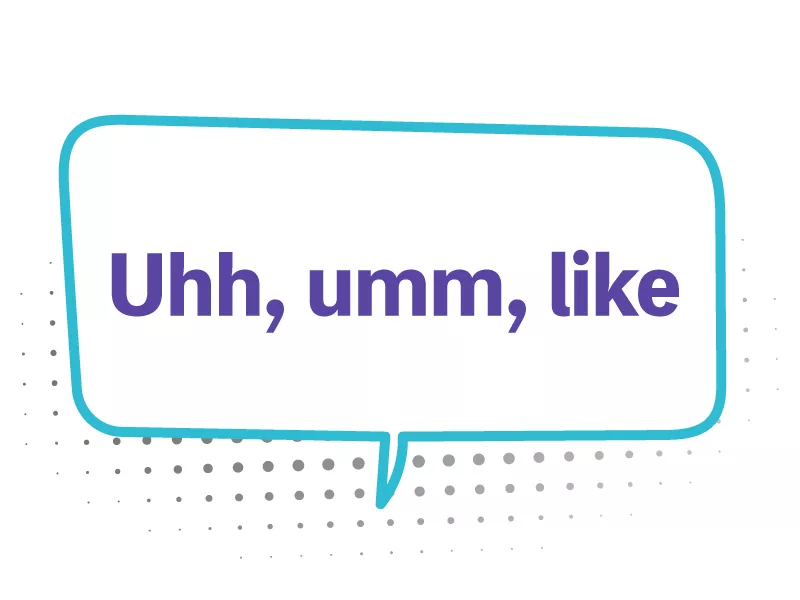
Bottom Line: Uhh, Umm, Like

Getty Images
While these “filler” words were OK to say back when you were a teenager, you want to stay away from using them when you’re in the office.
However, trying to stop saying “like” and “uhm” can feel like an addiction you just can’t quit.
Thankfully, there are a few tricks to help you stop once and for all such as keeping your sentences short, avoiding distractions, and not having your hands in your pockets.
Phrase No. 2: I Hate to Bother You, But …
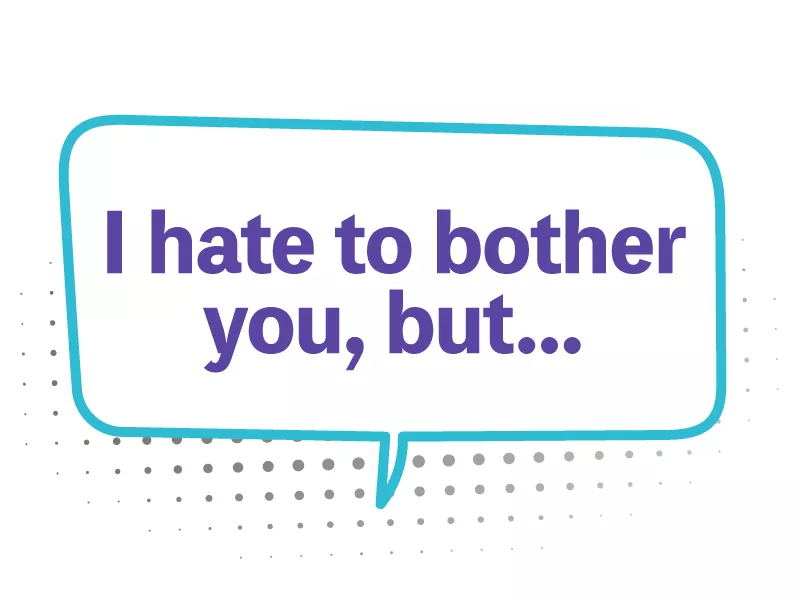
Bottom Line: I Hate to Bother You, But …

Getty Images
Let’s be real: You’re not bothering anyone if you have to ask someone a question that pertains to their job.
When you say this to your boss or colleague, you’re allowing them to have complete control over your actions, which can permit them to turn your request down. Instead, say, “Excuse me, do you have a few moments to discuss a matter?” or “Whenever you have a few moments, I would like to discuss something with you.”
These two phrases show competence while still letting you have control in the conversation.
Phrase No. 3: I Just …
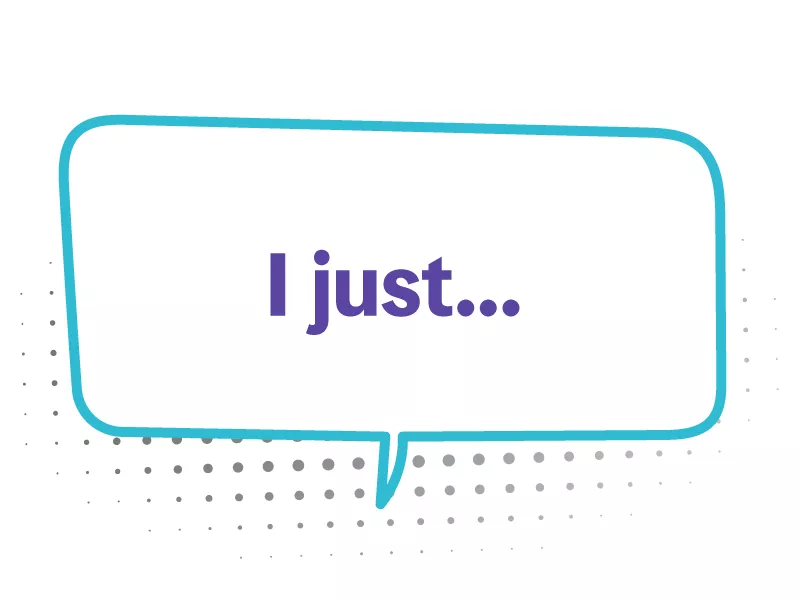
Bottom Line: I Just …

Getty Images
While beginning a sentence with “I just …” sounds innocent, it diminishes your thought.
Adding this word to your sentences sounds like you’re apologizing without actually saying “I’m sorry.” Refrain from using this word when you speak and especially don’t include it in your emails.
Not saying “just” doesn’t equate to being rude. It means you’re professional and direct — which shows confidence and sincerity.
Phrase No. 4: Is That OK?
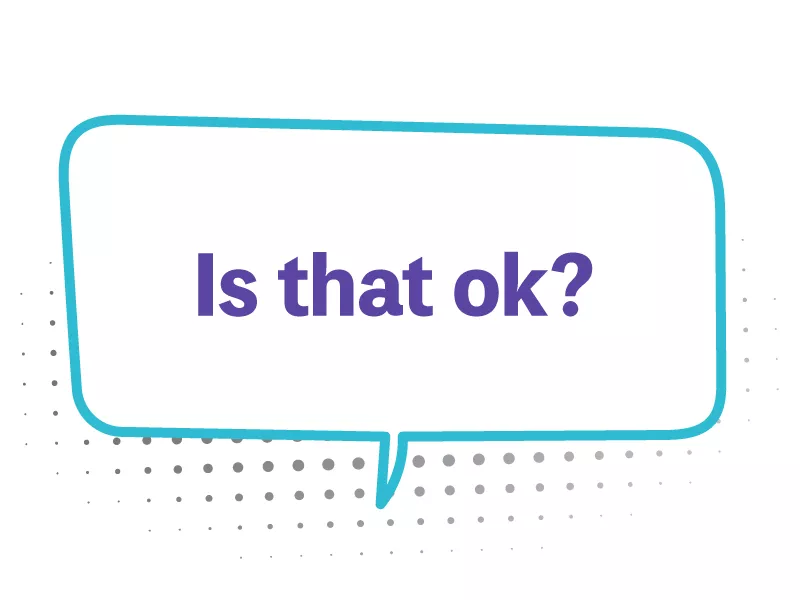
Asking for a confirmation along with your request may make you sound insecure.
To sound more confident at work, try not to make your statements sound like a question. Instead, you can say, “Let me know if you have any questions.” Essentially, the less inquisitive you sound, the better.
Bottom Line: Is That OK?

Getty Images
Asking for confirmation along with your request may make you sound insecure.
To sound more confident at work, try not to make your statements sound like a question. Instead, you can say, “Let me know if you have any questions.”
Essentially, the less inquisitive you sound, the better.
Phrase No. 5: As a Matter of Fact
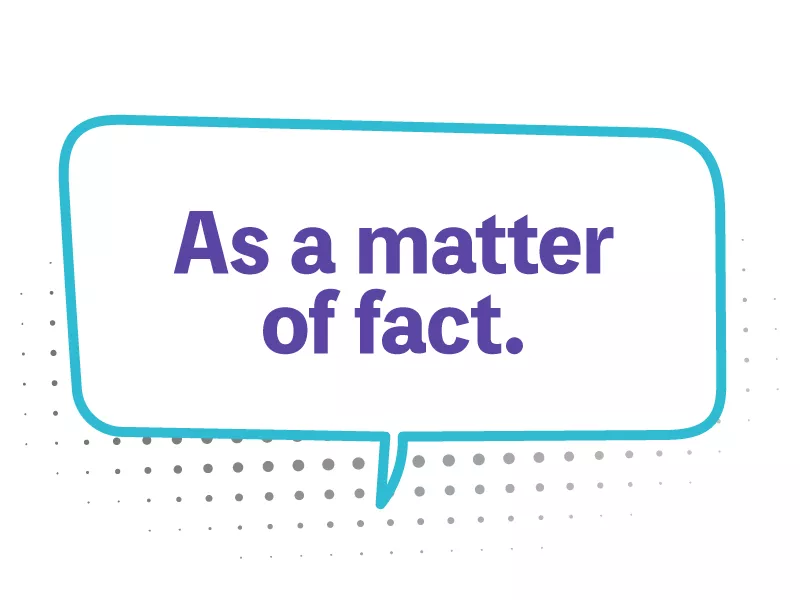
Bottom Line: As a Matter of Fact

Getty Images
“As a matter of fact” should only be used to correct a falsehood or misunderstanding. Even then, the phrase can sound pretentious.
Don’t try to impress people by using this long-winded expression when you can just as easily say “Actually.”
Phrase No. 6: I’m Sorry, But …
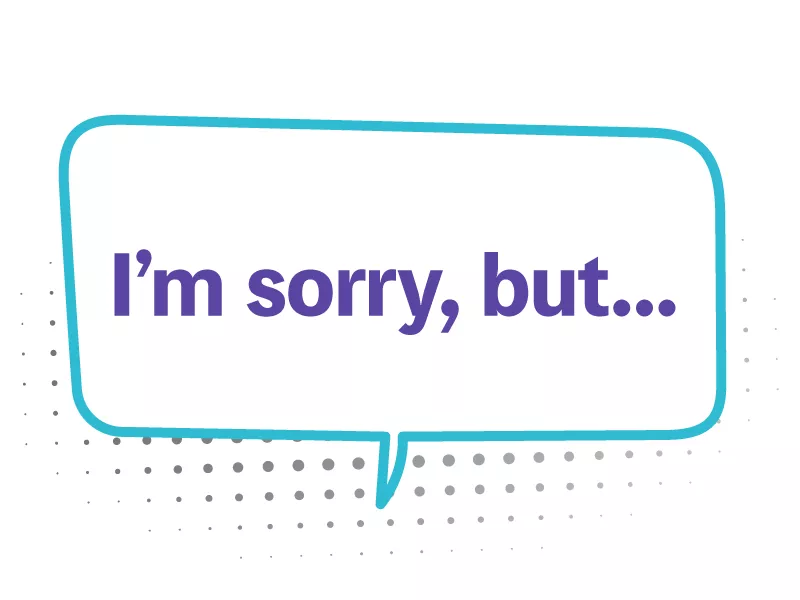
Bottom Line: I’m Sorry, But …

Getty Images
Unless you’ve eaten your colleague’s meal for lunch for the fifth time in a row (it’s OK, we’ve all been there), there’s absolutely no reason why you need to apologize for doing your job — even to your boss.
While you should show respect to everyone in the office, that doesn’t mean you shouldn’t respect your own self-worth or time. Instead of saying, “Sorry for interrupting” you can say, “Thank you for taking the time to answer my question.”
You’re still being polite without sounding like you’re begging for your boss’s attention.
Phrase No. 7: It’s Not My Fault
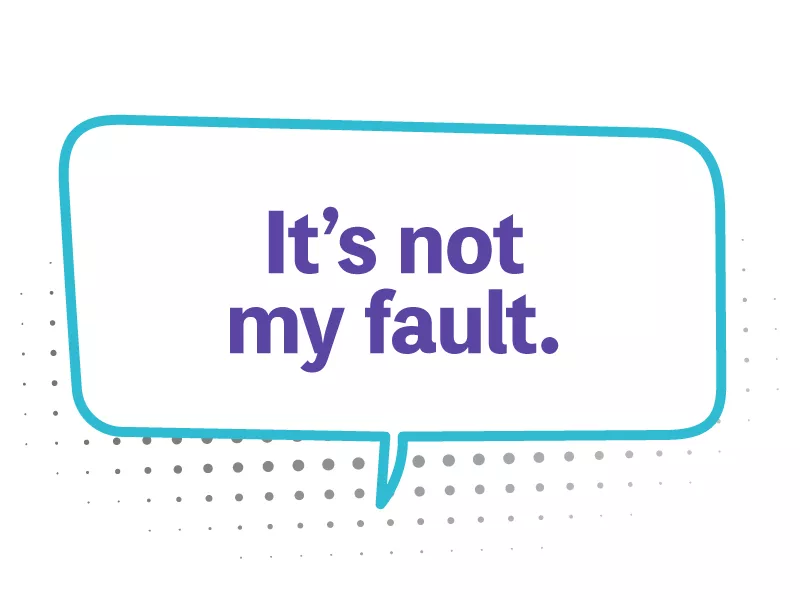
Bottom Line: It’s Not My Fault

Getty Images
Not only is this statement cowardice, but it also shows that you let your pride get in the way of your job, and that doesn’t equate confidence.
Whether it’s your fault or not doesn’t mean you need to express that to your boss/colleagues. If you want to be viewed as someone who’s a team player, ask how you can help fix the issue.
Your boss will most likely appreciate someone who can help provide a solution, not add to the problem.
Phrase No. 8: At This Point in Time

Bottom Line: At This Point in Time

Getty Images
This expression is used as unnecessary filler.
“Now” or “right now” will do the trick.
Phrase No. 9: That’s Not My Job
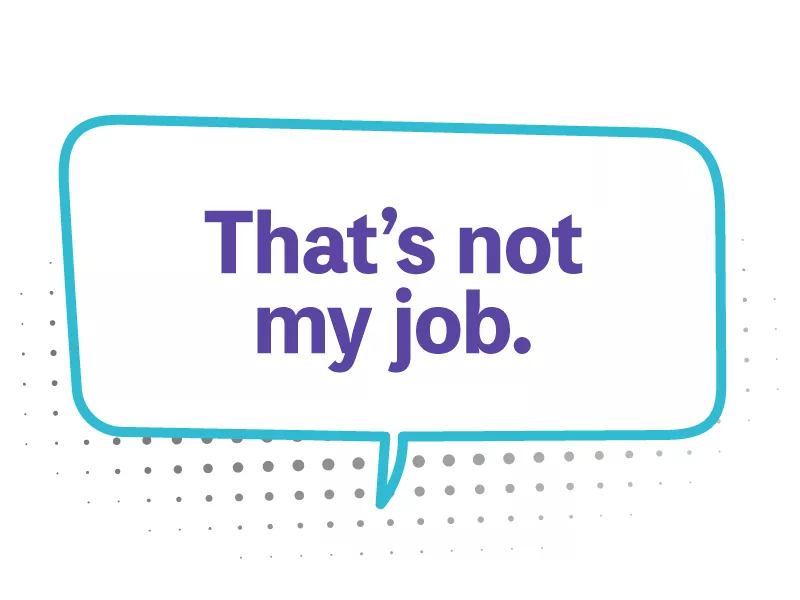
Bottom Line: That’s Not My Job

Getty Images
Even though this statement might be true to some extent, it’s also part of your job to be a team player. #Sorrynotsorry.
Saying “that’s not my job” doesn’t exude confidence about your position as an employee or your work. It shows that you’re negative and cannot be counted on — and no one wants to be that person.
According to Fast Company, it’s best to have an open dialogue with your boss about the added tasks that he/she asked you to complete that didn’t fall under your job description. Ask him/her what takes priority and see if there’s any flexibility about removing any tasks from your responsibility if you prefer to no longer do them.
Phrase No. 10: You’re Wrong
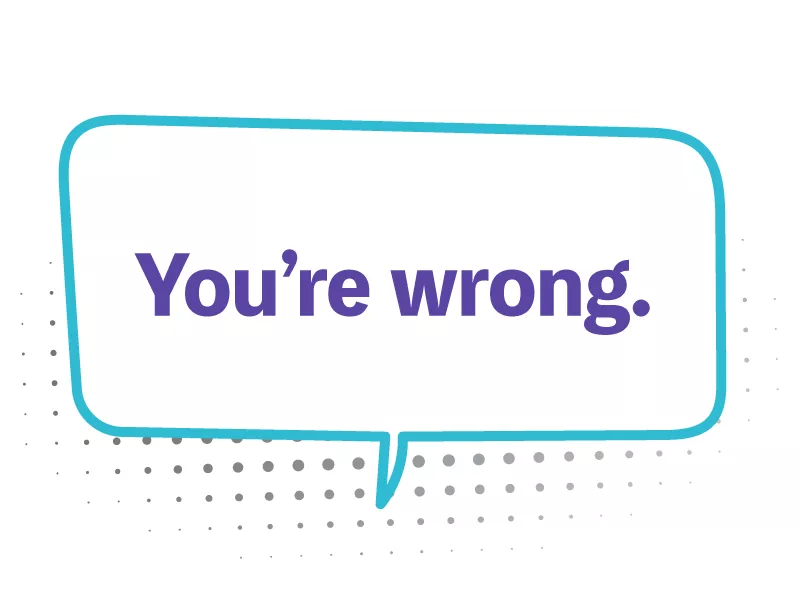
Bottom Line: You’re Wrong

Getty Images
While you may dream of saying this to your boss or not-so-friendly colleague, it’s rude and takes a jab at your confidence because it shows you don’t want to take responsibility for your actions.
According to Entrepreneur, the best way to go around this is by saying, “I disagree and here’s why … what do you think?”
By saying this, you’re being straightforward while inviting an open discussion to occur.
Phrase No. 11: I Don’t Know
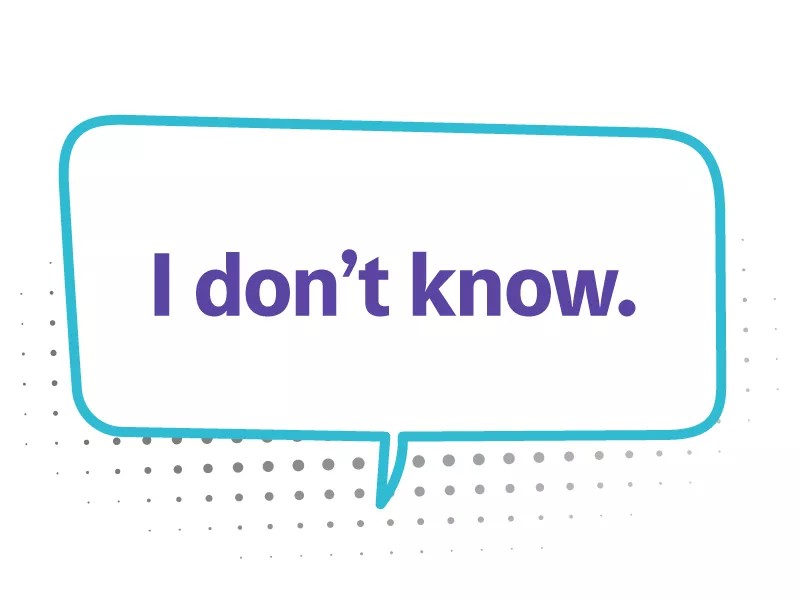
Bottom Line: I Don’t Know

Getty Images
Yikes. Hearing this phrase in the office is a big no-no.
Not only will your boss question your confidence and competency, but he/she might not consider you for future leadership roles. Solution? According to Muse writer, Sara McCord, you can offer input on things you do know or refer to someone who may have the answer.
As long as you help in some way, you’re good to go.
Phrase No. 12: You Guys
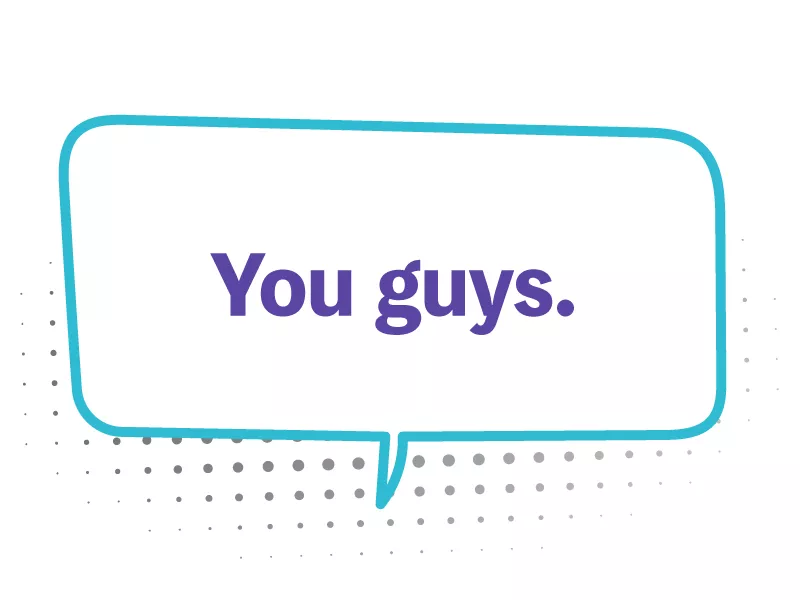
A touch of formality, especially when referring to a company or team, can go a long way in establishing your own credibility and seniority. Save informal references for your buddies on the weekend. Ditch “you guys” and replace it with either proper names, “the company,” or “the team.”
Bottom Line: You Guys

Getty Images
A touch of formality, especially when referring to a company or team, can go a long way in establishing your own credibility and seniority.
Save informal references for your buddies on the weekend. Ditch “you guys” and replace it with either proper names, “the company,” or “the team.”
Phrase No. 13: I’m Available Any Time That’s Convenient for You
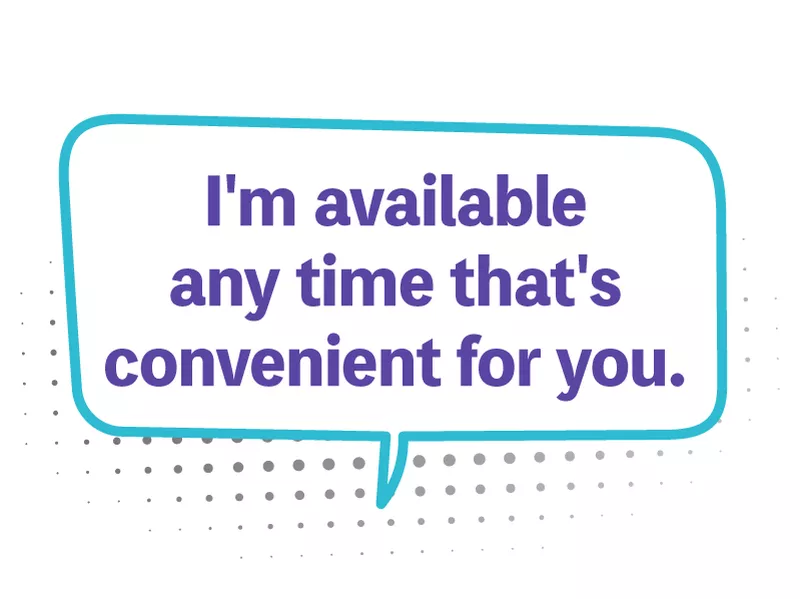
Bottom Line: I’m Available Any Time That’s Convenient for You

Getty Images
Even though you’re trying to be considerate to your boss’s or colleagues’ schedule, this statement is probably not 100 percent true and it will bite you in the butt if they reply with a time you’re unable to meet — which will make you sound less experienced than you actually are.
To avoid the back-and-forth emails, it’s best to be upfront about your own schedule and compromise about a time.
Trust us. The fewer emails, the better.
Phrase No. 14: That’s Impossible.
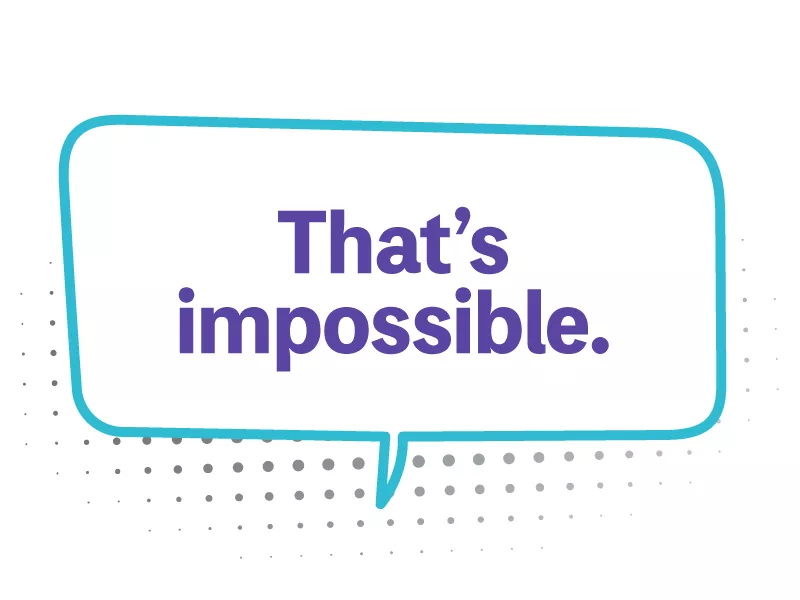
Bottom Line: That’s Impossible

Getty Images
Automatically saying “no” to a problem makes you seem less competent and more negative.
For instance, this can-don’t attitude will stick out like a sore thumb in the office, and that’s not something you want to be remembered by.
Phrase No. 15: I Think …

Bottom Line: I Think …

Getty Images
Whether you like to believe it or not, one single word can completely change the narrative of a sentence.
When you say, “I think I can be a great asset to your company” instead of “I know I can be …” it implies that you don’t believe in yourself. The best way to get rid of this word from your vocabulary is to start thinking positively about yourself.
The more you believe in your actions and thoughts, the more confident you’ll feel to convey that message to others.
Phrase No. 16: This Might Sound Stupid, But …
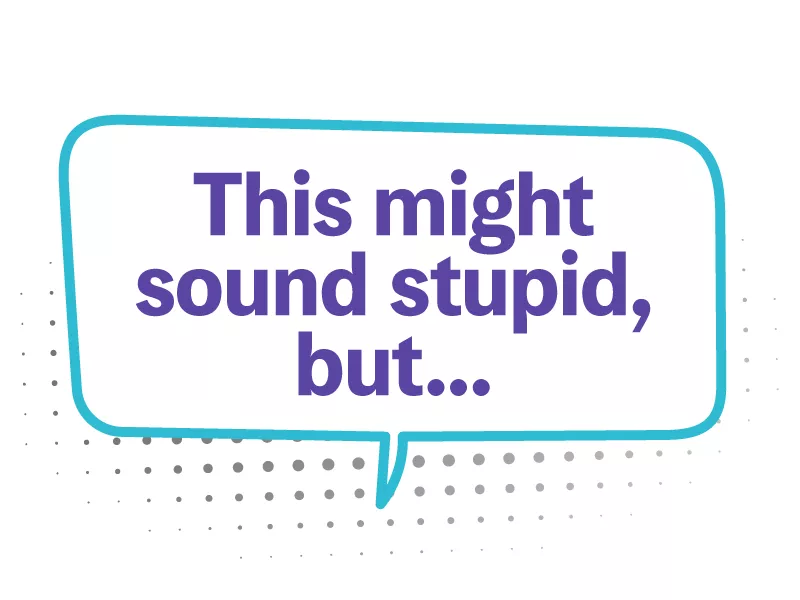
Bottom Line: This Might Sound Stupid, But …

Getty Images
Starting out with a negative statement like “This might sound stupid,” or “This may sound silly” is automatically discrediting your idea.
If you want people to love it, you should love it, too, right? Love your ideas no matter how silly they sound.
It will be hard for others to say no to them when you seem so enthusiastic about it from the beginning.
Phrase No. 17: Am I Making Sense?
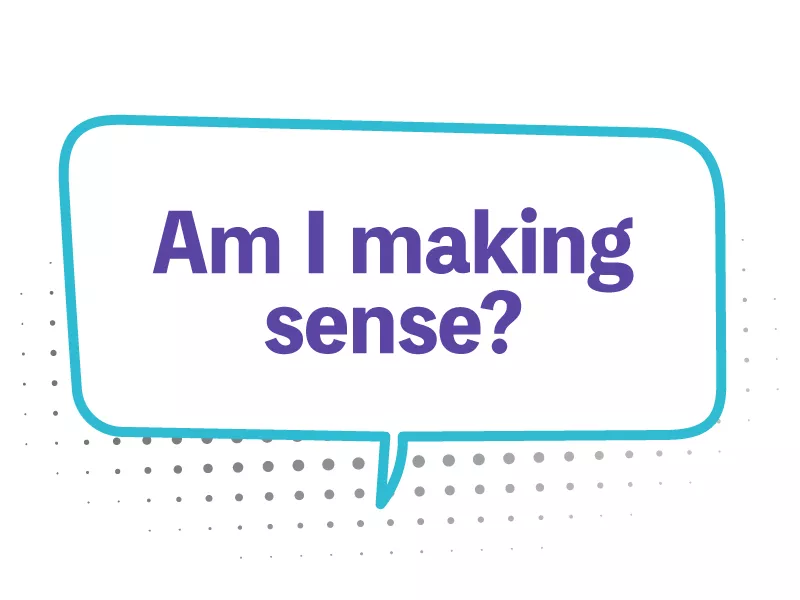
Bottom Line: Am I Making Sense?

Getty Images
If you ever want your boss or colleagues to question your confidence, all you need to do is ask this question.
According to Forbes, while you may ask this to check in on your own personal effectiveness, it could actually backfire and make you feel and sound like an imposter.
Instead, it’s best to end the conversation by saying, “I look forward to hearing your thoughts.” You can drop that mic now, too, if you want.
Phrase No. 18: Basically
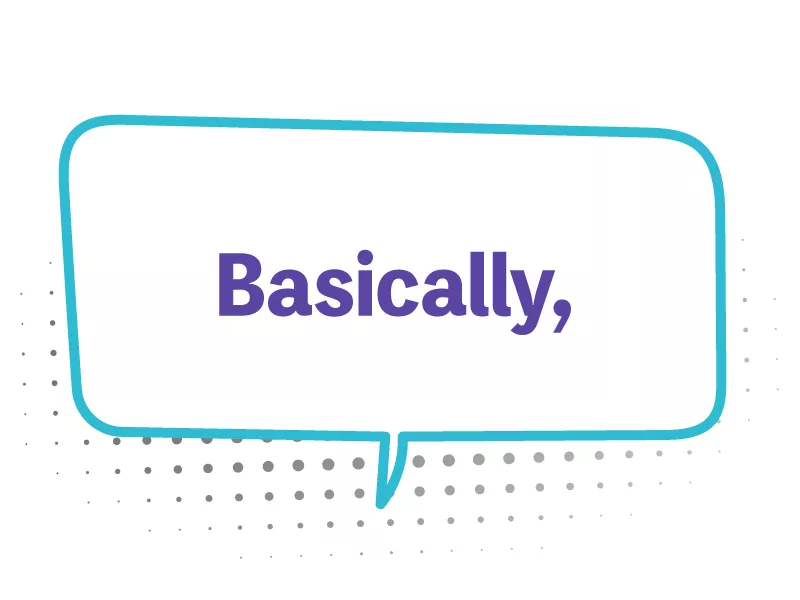
Bottom Line: Basically

Getty Images
Try to strip out of your communications any words that don’t add value.
Examples such as “basically” and “essentially” are often unnecessary.
Be crisp and to the point. People will appreciate it.
Phrase No. 19: In the Process of
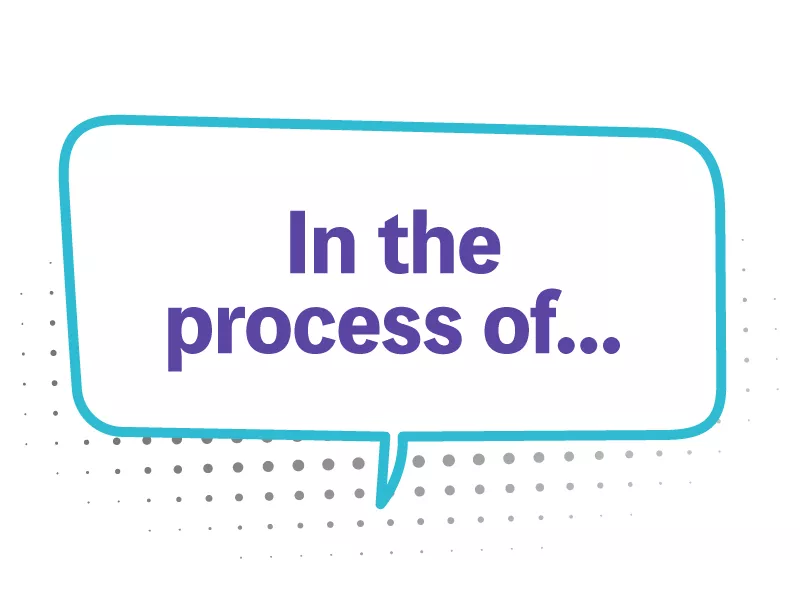
Bottom Line: In the Process of

Getty Images
Here’s another chance to trim unnecessary words.
If you are “in the process of training all of the new employees,” you are simply training all of the new employees.
Action verbs convey confidence and authority. Own it!
Phrase No. 20: Hopefully, I’ll Be Able to Get It Done
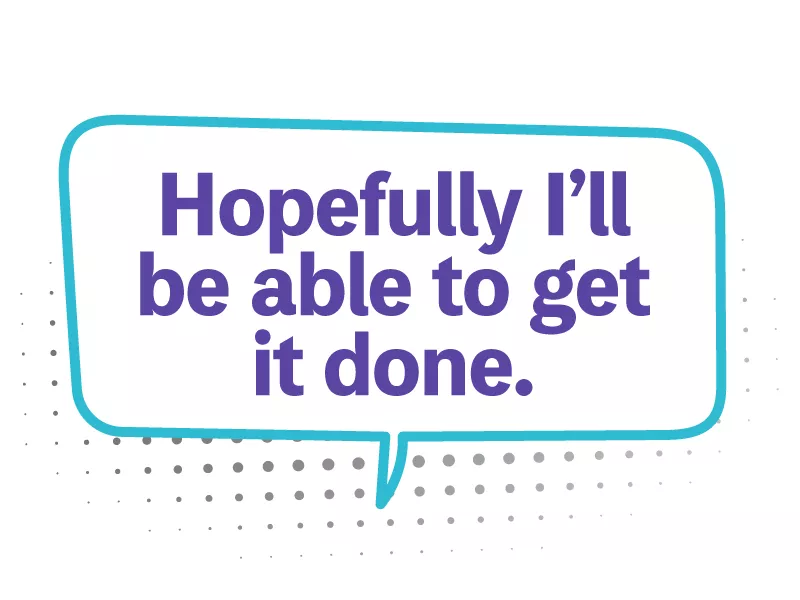
Bottom Line: Hopefully, I’ll Be Able to Get It Done

Getty Images
No one wants to hear or read the word “hopefully” when it pertains to work.
It doesn’t secure your statement and makes you feel less confident in your ability to complete a task. But if you want to have things back in your control, be transparent about your workload and state when you can complete the task.
This way, you’re not fooling anyone, including yourself.
Phrase No. 21: I’m Worried
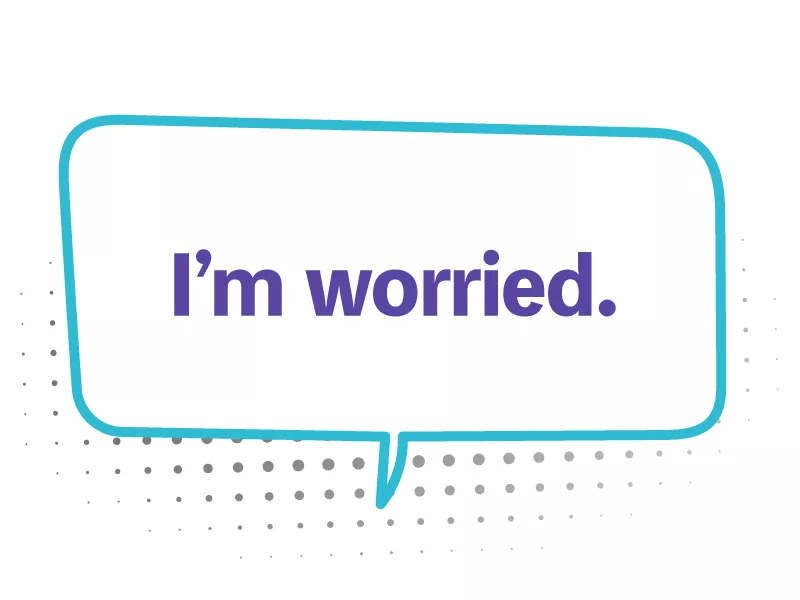
Bottom Line: I’m Worried

Getty Images
While it’s normal to feel nervous about a project, you never want to convey that emotion to your superiors.
This phrase can make you appear you’re not in control of your work and less confident in your skills.
Phrase No. 22: I Guess

Bottom Line: I Guess

Getty Images
People tend to add “I guess” after expressing a thought or an idea to not seem too attached to it if it doesn’t go over well with their boss or fellow employees.
However, adding this phrase at the end of explaining your idea will only make them worried that you’re not confident in your own pitch.
Phrase No. 23: Would You By Any Chance

Bottom Line: Would You By Any Chance

Getty Images
Being wordy with your requests can prohibit you from getting what you want. While you may worry that you’re demanding things, being overly passive can insinuate others can walk all over you.
Be upfront about your requests without overthinking how you’re appearing to your coworkers.
Everything is peachy as long as you’re kind and straightforward.
Phrase No. 24: I Could Do That
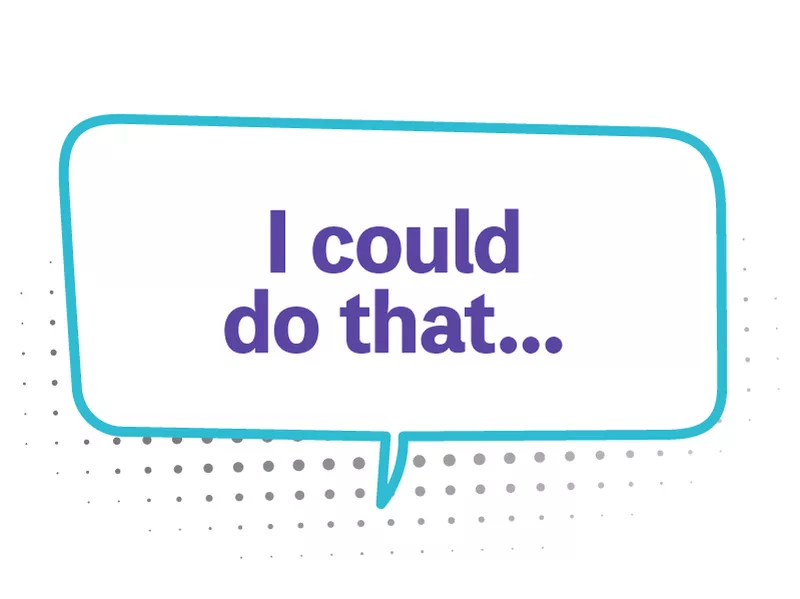
Bottom Line: I Could Do That

Getty Images
If you want to help your colleagues out, clearly communicate your enthusiasm when you’re making this decision.
This phrase can make you sound passive-aggressive, which may have your boss or colleagues hesitate to depend on you in the future.
Phrase No. 25: I’m No Expert, But …
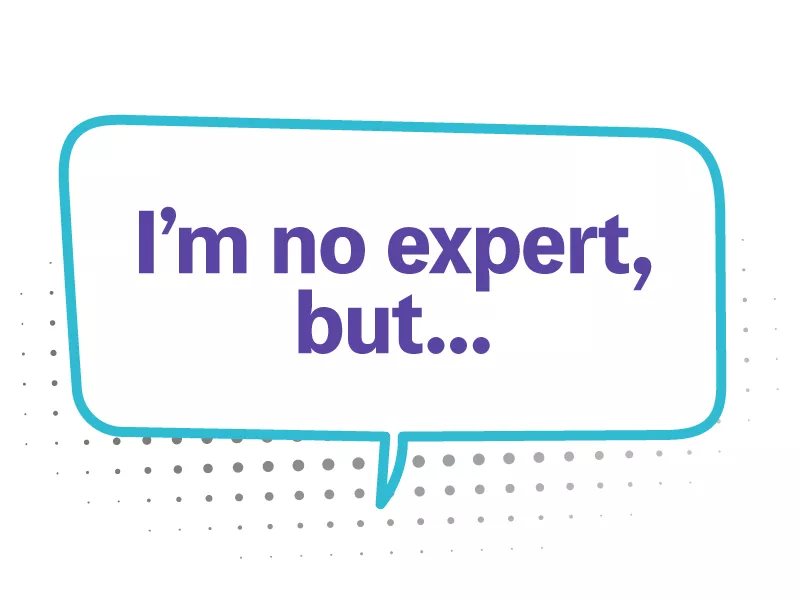
Bottom Line: I’m No Expert, But …

Getty Images
You never want to downplay your idea, whether you feel confident in it or not.
Expressing a thought you want to come to fruition by starting with this phrase will automatically add a negative spin and make you appear less credible than you actually are.
Phrase No. 26: What If We Tried
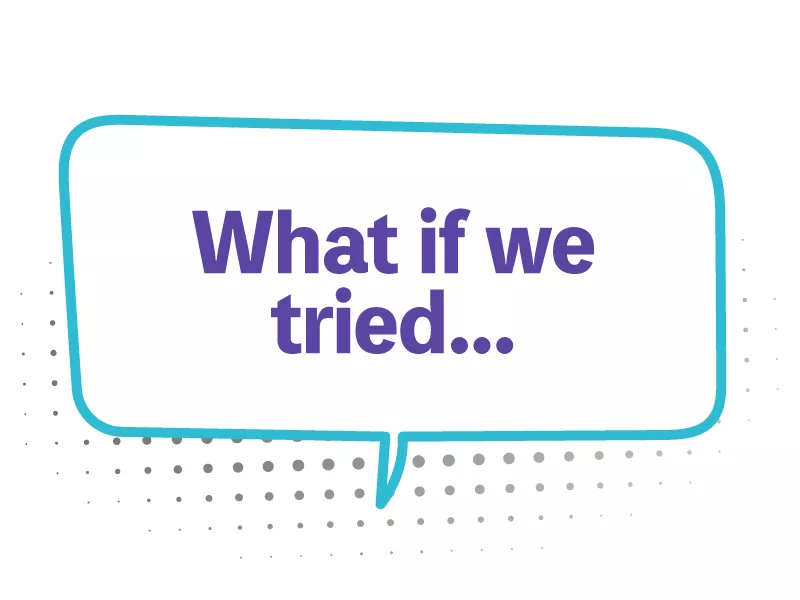
Bottom Line: What If We Tried

Getty Images
Coaxing your requests as questions will give your team the room to deny your demands.
When you need a task to be completed, be straightforward and confident to show them you value your idea and that they should, too.
Phrase No. 27: I Can’t
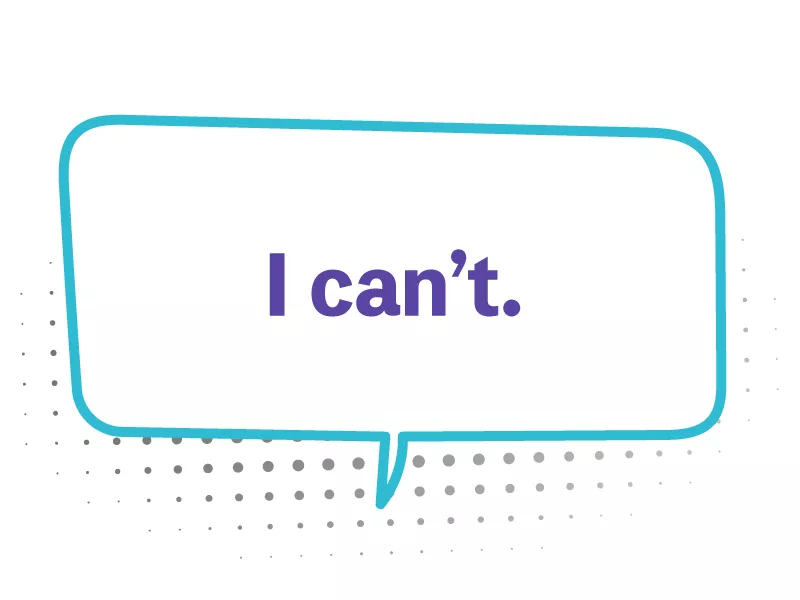
Bottom Line: I Can’t

Getty Images
Even though you want to be honest about your workload or expertise about a requested matter, saying “I can’t” puts a limit on your potential. Try to say “I won’t be able to” instead.
This will show your coworkers that you have healthy work boundaries and gives you more control over what you will not include in your to-do list.
Phrase No. 28: I’m Confused
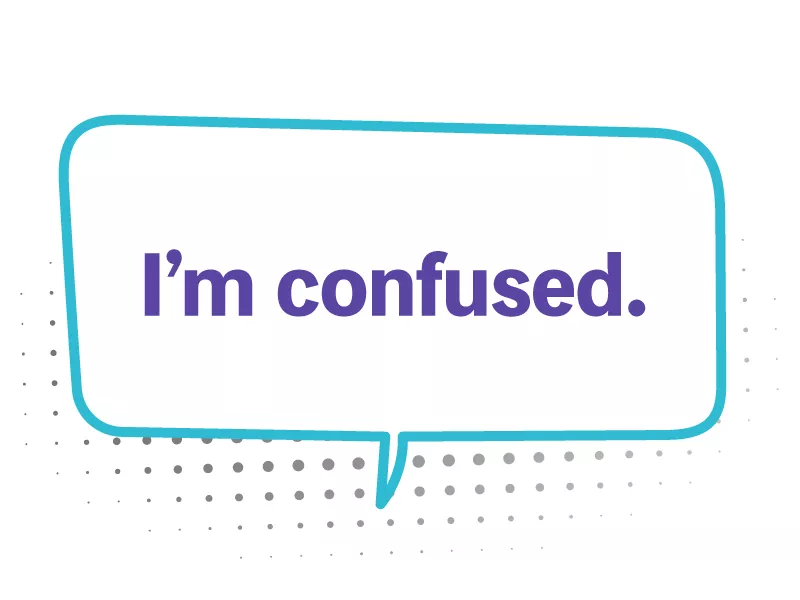
Bottom Line: I’m Confused

Getty Images
It’s nearly impossible to coherently understand every idea that flows through your office, but showing confusion can make you look inadequate.
Rather than saying this, opt for a more confident statement, such as, “Can you provide more information?”
You’re further investigating the idea without showing that you’re lost.
Phrase No. 29: I Need
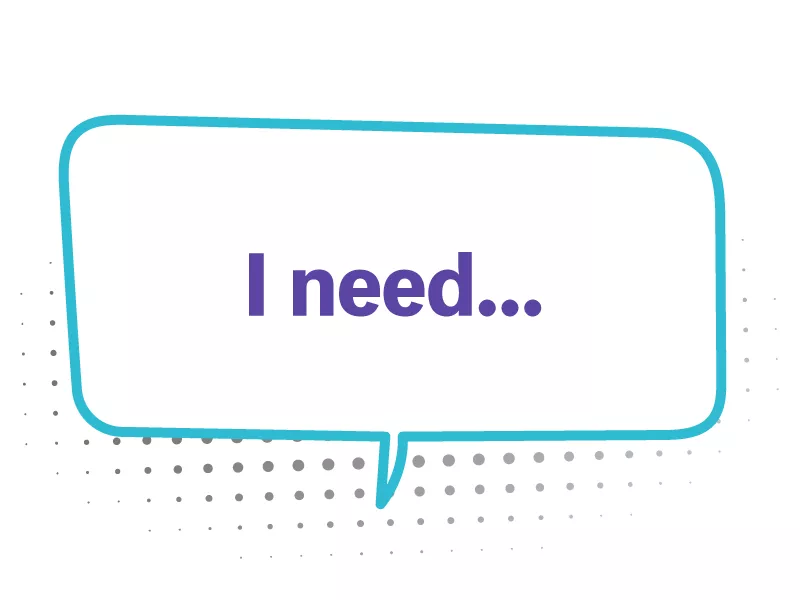
Bottom Line: I Need

Getty Images
While there might be some validity behind this phrase, you never want to show you’re at the mercy of someone else.
Saying this can make you sound needy and anxious about a certain task when, in reality, you’re setting a requirement for an action that needs to be completed.
Phrase No. 30: Why Me?

Bottom Line: Why Me?

Getty Images
Not to be dramatic or anything, but continue saying this phrase if you never want to be considered for a promotion.
Expressing this thought will make you look like a victim and prevent others (and yourself) from having faith in your ability to complete a task.
Phrase No. 31: I Never
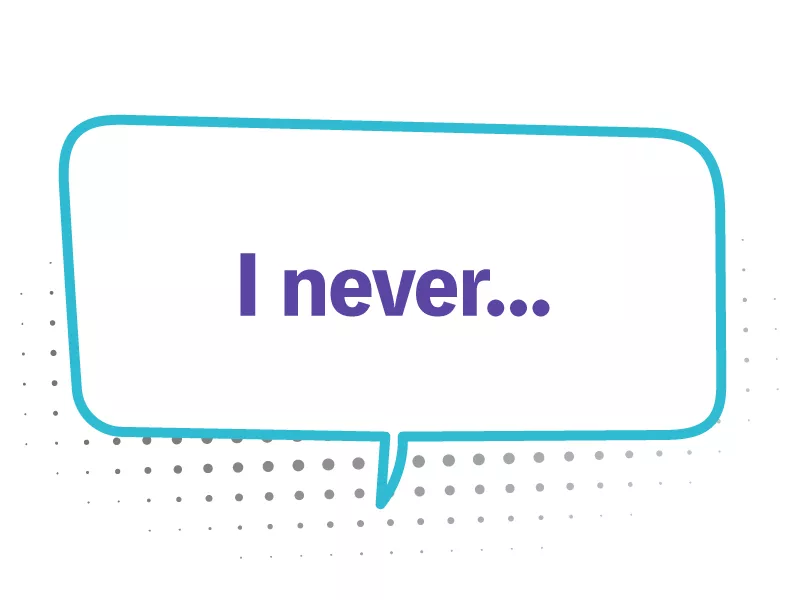
Bottom Line: I Never

Getty Images
“I never said that” or “I never saw the memo” instantly puts you in an inferior position, which could make you appear inflexible and not in control of your work situation.
Adapting to change is key, especially in high-volume work environments, and stating that it “wasn’t your fault” in some form will only make others think that you don’t take full responsibility for your actions.
Phrase No. 32: That’s Good Enough
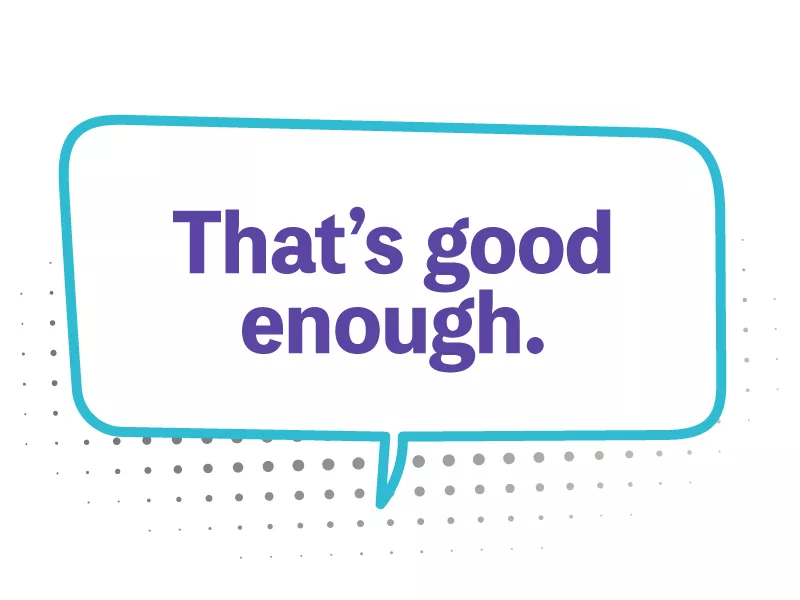
Bottom Line: That’s Good Enough

Getty Images
Believing the work you or others are completing is simply just “good enough” shows a lack of ambition and confidence in yourself, and in what you believe is possible to be accomplished.
Instead of pushing the boundaries for a better outcome, you’re willing to have your standards lowered, which can make you appear less confident about your ideas and your willingness to push harder.
Phrase No. 33: I’ll Try
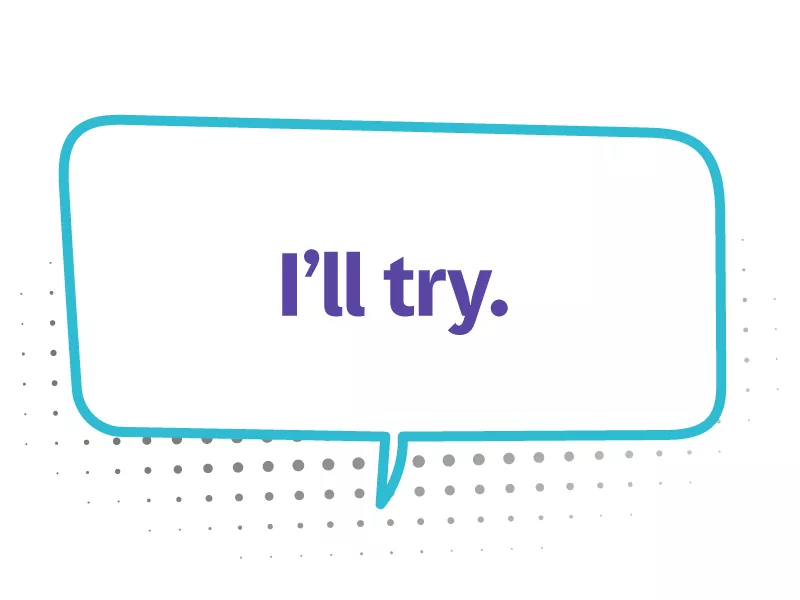
Bottom Line: I’ll Try

Getty Images
Not giving 100 percent of your effort when your coworkers or boss ask you for help will only frustrate them. It shows you don’t have confidence in your work ethic or skills.
Eliminate this phrase by being action-oriented and say, “I will” or “I can.” This will convey confidence in your responsibilities and make others believe in you to complete a task.
Phrase No. 34: Whatever
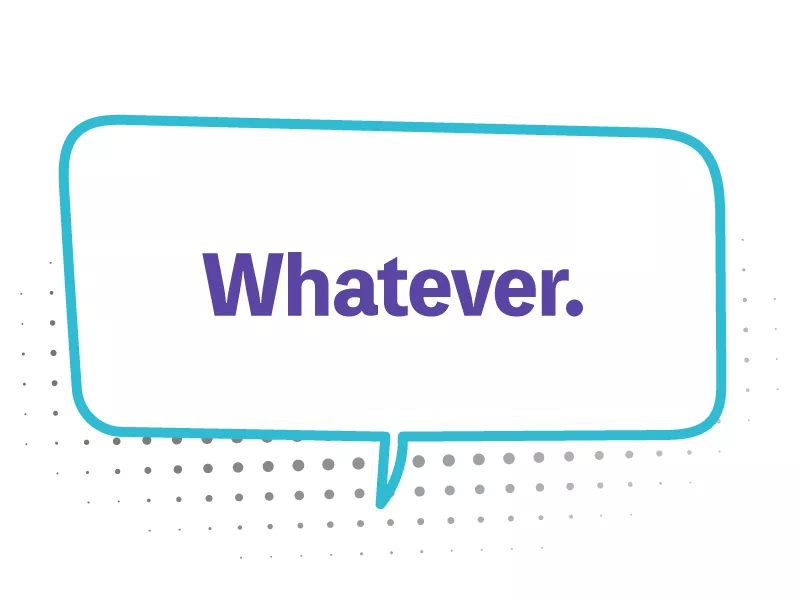
Bottom Line: Whatever

Getty Images
Being nonchalant about work is never a good idea. Saying “whatever” or “I don’t care” doesn’t express passion or enthusiasm about projects you’re trying to complete.
Remove these phrases completely, and you’ll more likely be taken seriously and be perceived as a professional.
Phrase No. 35: That’s Kind of What I Mean
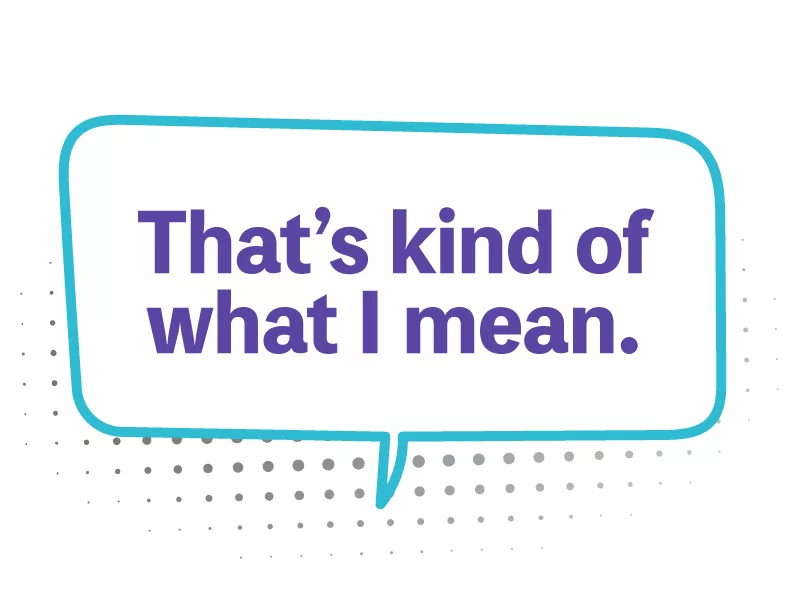
Bottom Line: That’s Kind of What I Mean

Getty Images
While you could probably get away with saying this outside of the office, it’s best to refrain from using this phrase when discussing projects or ideas.
“Kind of” indicates that you’re not being straightforward about your thought process. Instead, simply clarifying what you mean will back your idea with confidence and value.
Phrase No. 36: I Think It Could Work, Except
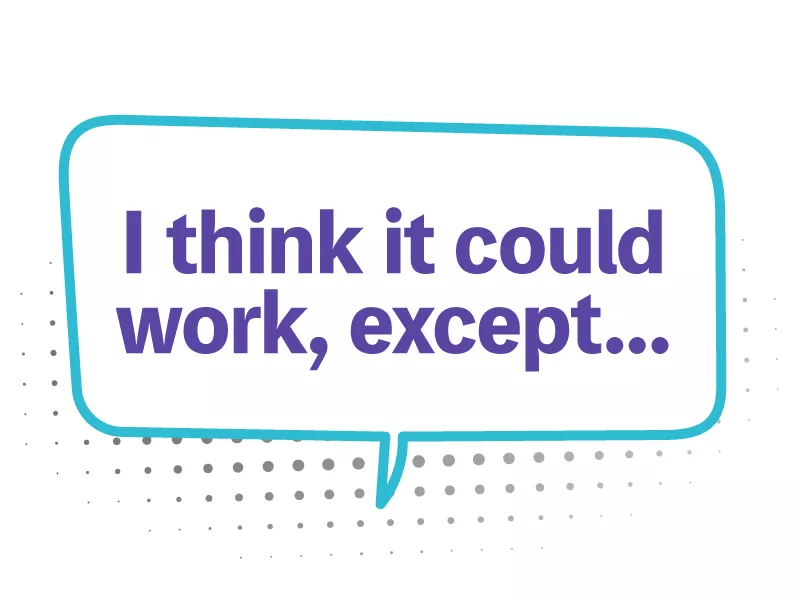
Bottom Line: I Think It Could Work, Except

Getty Images
Rather than getting straight to the point, most people include the word “except” when explaining their reason to avoid confrontation.
However, what you’re bound to say is going to come out anyway, so you might as well be confident and tactful without having to explain yourself, right? If you don’t like an idea, just say it as you mean it.
Again, being kind is key. Kindness always goes a long way.
Phrase No. 37: I Hope to Hear From You Soon

Bottom Line: I Hope to Hear From You Soon

Getty Images
Whether you’re writing a cold email or connecting about a potential lead, you want to convey confidence when you communicate through email.
Including this phrase will only indicate a lack of value in what you said in the email. Instead, write “I look forward to hearing from you!”
This will show the receiver that you have confidence in them getting back to you.
Phrase No. 38: This Will Only Take a Minute
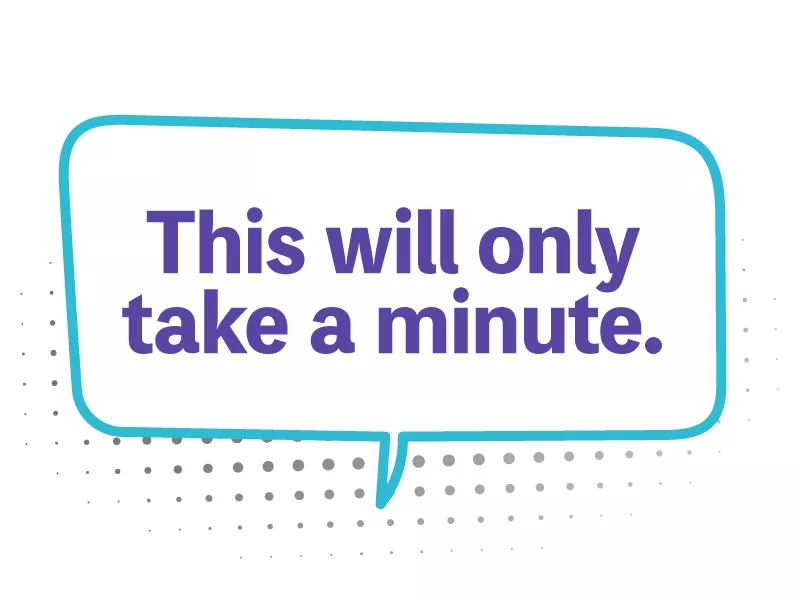
Bottom Line: This Will Only Take a Minute

Getty Images
Let’s be honest: You don’t want to begin your request by “begging” for your coworker’s or boss’s attention.
How you ask for help can place you in a very vulnerable position by showing you value their time more than yours. And this is never a good idea.
Instead, be upfront with your request. Will it take 20 minutes or 45 minutes? Being specific and honest will alleviate stress and get everyone on the same page.
Phrase No. 39: I Don’t Have the Time to Do That
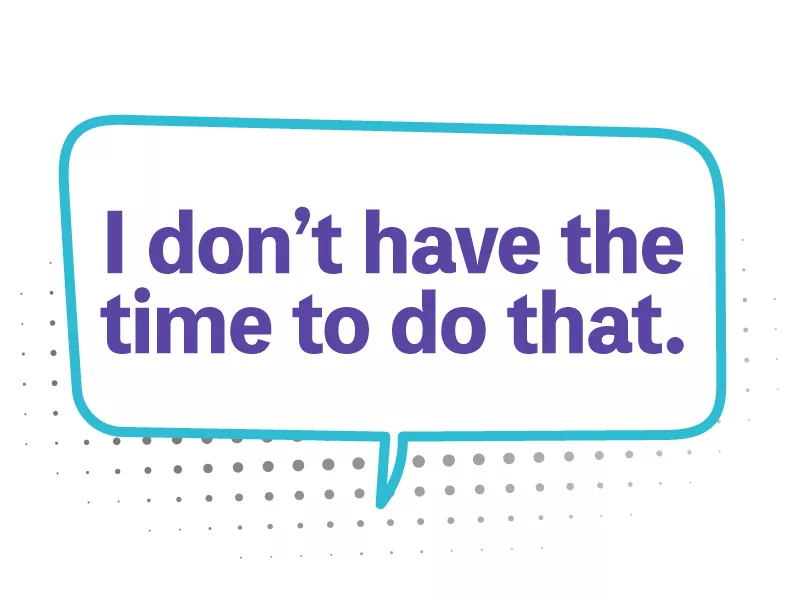
Bottom Line: I Don’t Have the Time to Do That

Getty Images
If someone asks you for help or if your boss requests to add one more thing to your to-do list, it’s not a good idea to state that you don’t have the bandwidth. It can come off rude and make you appear that you’re overwhelmed.
Instead, provide a solution or ask what should be your top priority. This will show that you’re in control of your tasks and appear confident in taking on another task without shutting it down completely.